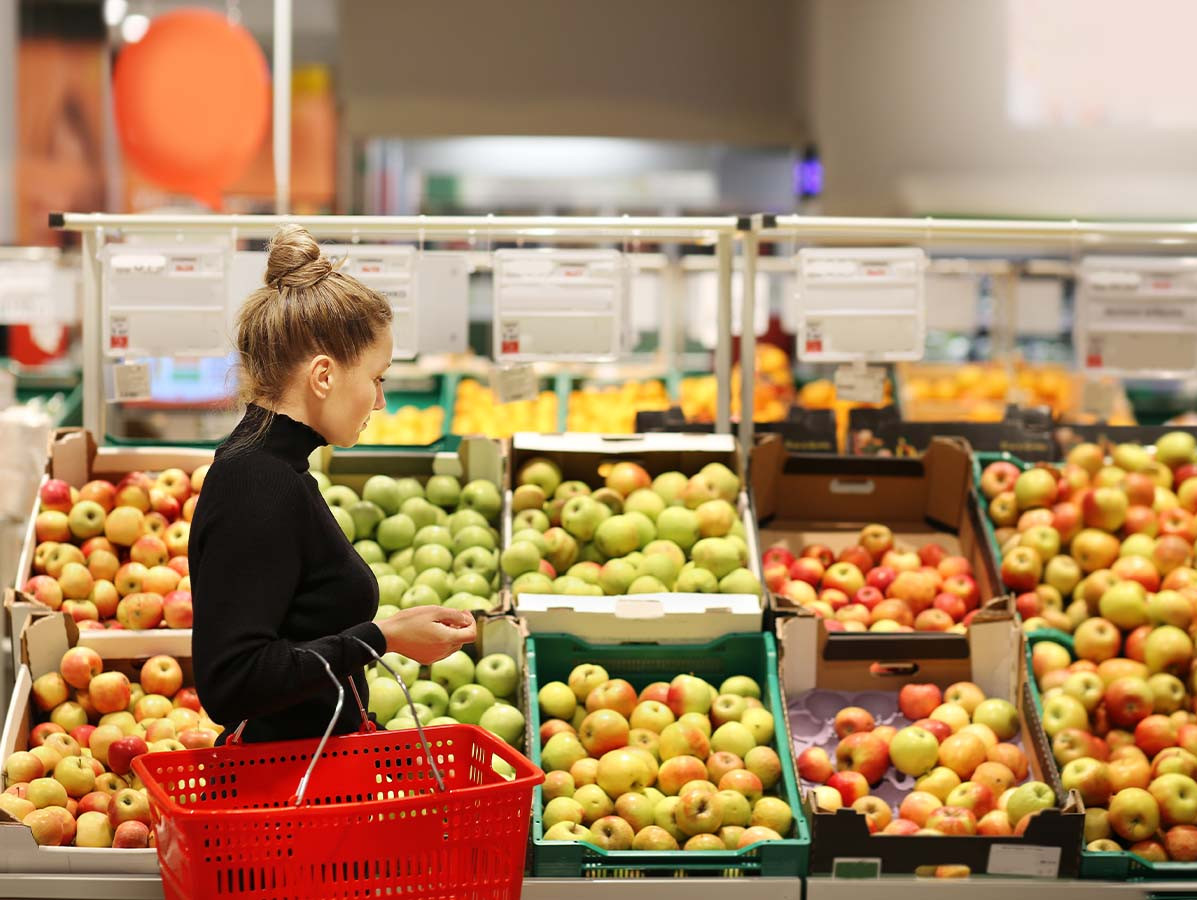
At the debate 'The taste of fair food', organised by KU Leuven, Rikolto and Groene Kring, five key statements regarding fair food and fair prices were discussed. The event brought together various chain partners to share their views on the current food system. VILT highlights five statements discussed during the debate:
Professor Goedele Van Den Broeck, agricultural economist at Université Catholique de Louvain, stressed that a fair price should include the true cost of a product. This includes costs related to biodiversity loss, climate change, health costs and other societal costs. According to Van Den Broeck, current market prices are significantly too low to cover all these costs.
Van Den Broeck noted that fair trade labels generally have a positive effect on prices, but they do not guarantee a fair price for farmers. While the fairtrade label offers a minimum price, this does not automatically mean that farmers receive a higher income. Factors such as the sales market and the organisation of the chain play a role. Full transparency on the origin of raw materials and production processes is essential to achieve sustainable positive change.
Although sustainable and fair initiatives are positive, Isabelle Colbrandt, communications manager at Lidl, noted that consumers often revert to less sustainable products when sustainable options are more expensive. To achieve a sustainable transition, fair prices must become the norm across the market and not just an exception.
All panellists agreed that a level playing field is essential to ensure fair prices for all chain partners. It is important that producers both inside and outside Belgium incur similar costs to comply with regulations. In a globalised world, European policies are the most appropriate way to bring about change on prices.
Although there are consultations between chain partners, there is a need for concrete actions. Each chain partner is fighting for its own interests, hindering progress. The government must dare to intervene and create a level playing field so that the food and supermarket sectors can make progress. The government is called upon to set the bar high and encourage change.
The fair food debate revealed important issues that require attention from both industry and government. Creating fair prices and a sustainable food system requires cooperation and action from all stakeholders.
Image: ©Bee Bonnet/Shutterstock.com
Source: VILT